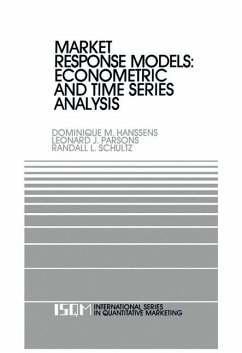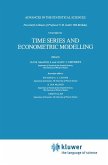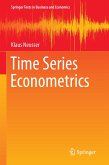This book reports over a decade's worth of research on the development of empirical response models that have important uses for generating marketing knowledge and improving marketing decisions. Some of its contributions to marketing are the following: 1. It integrates state-of-the art technical material with discussions of its relevance to management. 2. It provides continuity to a research stream over 20 years old. 3. It illustrates how marketing generalizations are the basis of marketing theory and marketing knowledge. 4. It shows how the research can be applied to marketing planning and forecasting. 5. It presents original research in marketing. The book addresses both marketing researchers and marketing managers. This can be done because empirical decision models are helpful in practice and are also based on theories of response. Econometric and time series analysis (ETS) is one of the few areas in marketing where there is little, if any, conflict between the academic sphereand the world of professional practice. Market Response Models is a sequel to Marketing Models and Econometric Research, published in 1976. It is rare for a research-oriented book in market ing to be updated or to have a sequel. Unlike many other methodologies, ETS research in marketing has stood the test of time. It remains the main method for discovering relations among marketing variables.








